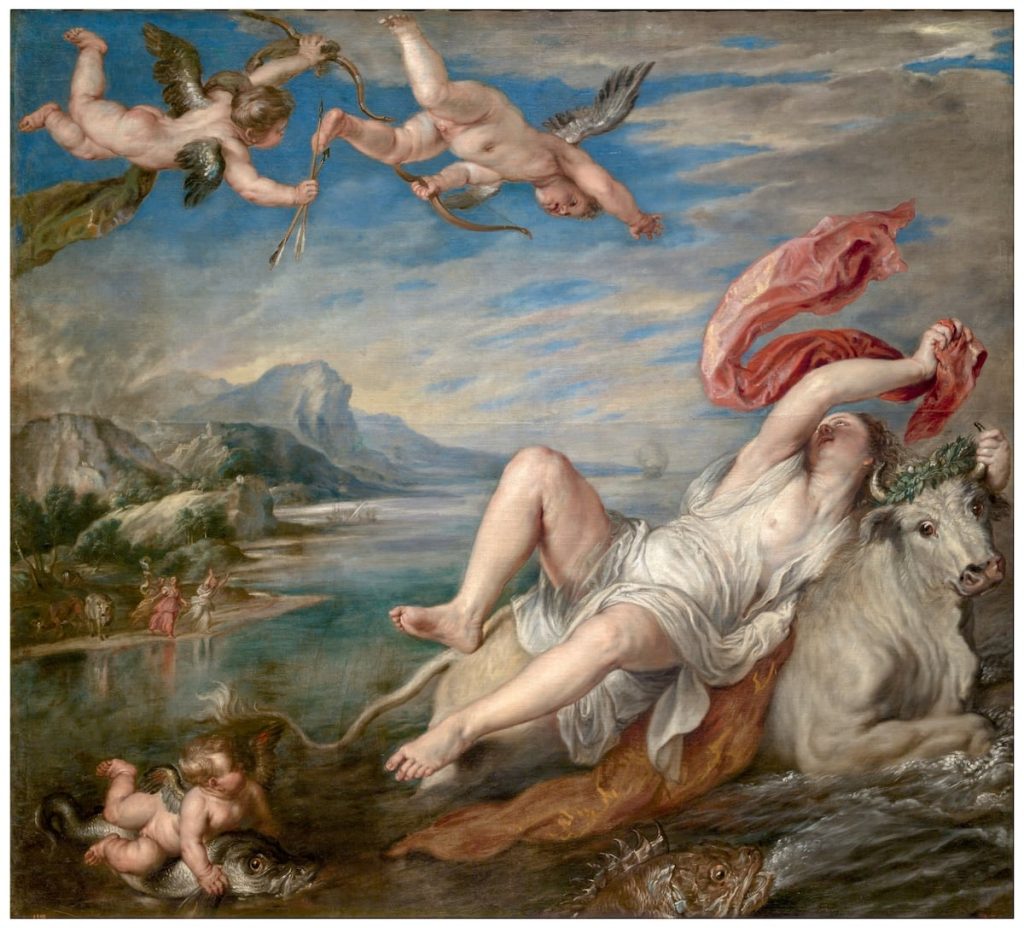In his poem “Soledades,” the Spanish poet Luis de Góngora referred to the great god Zeus as “El mentido robador de Europa,” meaning the deceitful thief of Europe. This nickname was given to Zeus because in Greek mythology, he transformed into a white bull to deceive a young princess named Europa, whom he later abducted and took to Crete. The name of this princess historically became the name of our continent. Now, the question arises, who has stolen Europe from us? As we reflect on the eve of the European elections, the focus seems to have shifted from the continent itself to national issues in political campaigns. Instead of addressing European concerns and offering proposals on a European scale, the discourse has been dominated by national debates and controversies.
The Spanish philologist Dámaso Alonso stated that Góngora wrote for the pure pleasure of form. Góngora’s artistic elaboration and language are complex and require a deep understanding to grasp the underlying argument beneath the formal complexity. However, in the current political climate, national debates do not necessarily translate to European concerns. The focus on Spanish judicial matters, tensions in the lower house, or Catalan elections does not inherently involve European politics. The true essence of European issues is not hidden beneath the facade of domestic debates. There is no possibility for sublimation unless we view Europe as a routine extension of internal politics, where parliamentarians spend their days on technical committees without engaging with European affairs.
As I write this text from a region in Cadiz, Spain, situated between the Atlantic Ocean and the Mediterranean Sea, I contemplate the state of Europe. The Campo de Gibraltar, historically known as the place where the mythical pillars of Hercules stood, is now a hub for drug trafficking and organized crime. This region serves as the southern border of the European Union, facing Morocco, and the scale of drug trafficking here surpasses that of any other place in Spain. Unemployment rates are alarmingly high, the brazen activities of drug lords match the impunity with which they launder money, and law enforcement agencies suffer losses due to violence. The lack of societal respect for laws and political maturity goes unaddressed, and institutional support is lacking in this region that serves as the gateway to Europe.
In the 14th century, the sanctuary of the Virgin of Europa was established in Gibraltar, symbolizing the protection of the continent from the Baja Edad Media. This religious devotion originated in the Rock of Gibraltar and spread to other parts of the world. The image of the Virgin Mary represents Europe’s protection, originating from the ancient Phoenician princess who was worshipped as a Christian icon. The Virgin of Europa stands alone in her sanctuary amidst the noise of drug trafficking and exhausted patrols, symbolizing the neglect of European issues in the face of other political priorities. The poet’s depiction of Zeus as the deceiving thief of Europe may no longer involve princes being abducted, but it certainly encompasses the theft of important debates and concerns that remain overlooked, even after the elections.
As the European elections approach, it is essential to remember the significance of regions like the Campo de Gibraltar as vital gateways to Europe. The challenges faced by these territories, including high crime rates, unemployment, and institutional neglect, must be brought to the forefront of political discourse. European issues should not be overshadowed by national debates, and a genuine effort to engage with the needs and concerns of all European citizens is essential in shaping a stronger and more united Europe. It is time to reclaim Europe from the deceitful thieves of national politics and refocus on building a Europe that upholds the values of unity, solidarity, and progress for all its citizens.


